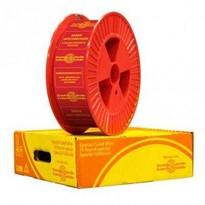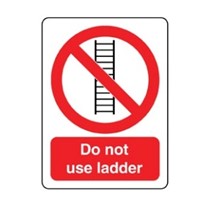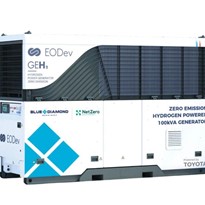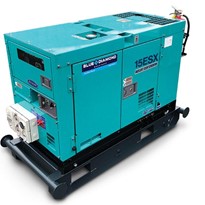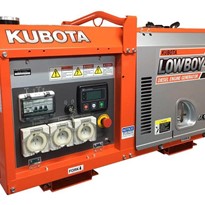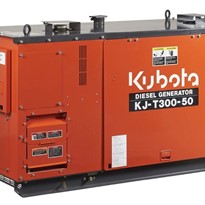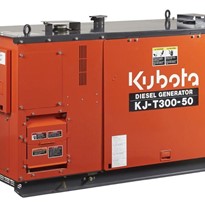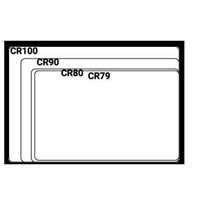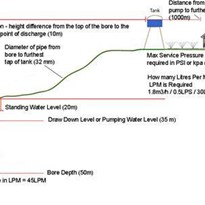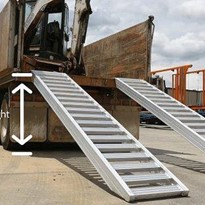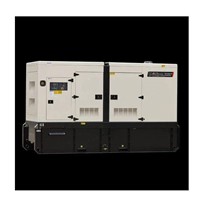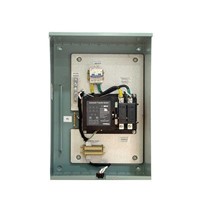Between the run time, prime and continuous power outputs, finding the right size generator for your unique needs is crucial.
To simplify the process, we’ve created this guide.
Here, we'll give you everything you need to make sure you choose the right generator for your application and recommend some of our best generators up to the task.
How To Choose The Right Size Generator
1. Know Your Requirements
Before you start your search, create a list of all the items you want the generator to power and for how long.
This varies depending on what you want to power. For example, powering small tools on a worksite and powering up hot plates and mobile phones on a camping trip each require a different power output.
2. Calculate Your Power Output
Add up the starting and running watts of all the items you want to power. You should be able to find this information online, on the appliance or in the user manual.
For appliances like TVs and lights, starting and running watts will often be the same. For appliances with heating components or electric motors like drills, fridges and AC units, the starting wattage can be 3-4x the running watts.
Tally up the total running watts of all the item/s you want to power, and factor in the device with the largest starting watts. This gives you a general idea of the generator size you’ll require.
If you’re still unsure of your power requirements, contact an expert a Blue Diamond Machinery today. We can help you determine your total power requirements and recommend the appropriate generator to suit.
What Size Generator Do I Need?
What Size Do I Need For Home Backup?
Correctly sizing your home backup generator is crucial. It’ll ensure your household appliances continue to run in the event of a blackout or electrical emergency.
As a general guide, a 7,500 watt generator will power most appliances such as the refrigerator, lights, TV, heating and cooling systems. A 10,000 watt generator should be able to power most of, if not all, appliances in the home for a decent amount of time.
Our top 2 home backup generator picks include:
Generac Guardian 8kVA – For Residential Homes
Providing 8,000 watts of maximum power, the Generac Guardian 8kVA generator is an efficient and reliable solution for your home backup needs. With less than 5% harmonic distortion, it’ll safely power sensitive electronics and appliances like TVs, phones and smart fridges.
The generator’s all-weather aluminium enclosure and powder coat finish allow durability in high temperatures, extreme operating conditions and winds up to 150m/ph. Its sound attenuated enclosure also ensures a minimal noise output of 62 dBA at 7m, so its suitable for use in residential areas.
Genesys GEN10LS – For Agricultural Properties
For large homes, off-grid and agricultural properties, the Genesys GEN10LS is an appropriate backup power solution. Producing 10,000 watts of prime power, it’ll keep the whole house, or most vital operations, running for up to 36 hours at 75% load.
The GEN10LS’ compact design and 62 dBA operating volume means you can use it in either urban or remote locations. There's also an optional automatic transfer switch (ATS) you can attach to the generator, so it will turn on automatically in a power outage.
What Size Do I Need For Recreation?
For a typical caravan setup, we recommend a generator between 2,000-3,000 watts. This should be enough power to run caravanning amenities like a coffee machine, hotplates and air conditioning.
Our top 2 caravan generator recommendations include:
Honda EU22i – Most Popular
With Honda’s 4 stroke GXR120 engine and inverter technology, the Honda EU22i offers a high-power output with a minimal noise level of 53-59 dBA. Its compact design and 21kg dry weight allow for simple storage and portability wherever you need power.
The EU22i has a maximum power output of 2,200 watts, so it’ll power phones, laptops and any caravan AC unit for up to 8 hours when in Eco Throttle mode. In the Eco Throttle setting, the EU22i will only ever run at full capacity when needed, meaning lower fuel consumption and noise output.
Honda EU30is – Longest Run Time
The Honda EU30is is one of the lightest generators in its power class, producing 3,000 watts maximum power from a compact 59kg device. With built-in Eco Throttle functionality, the EU30is will run for up to 20 hours on a single tank of fuel.
The EU30is contains a microcomputer-controlled sinewave inverter that produces commercial quality electricity, so it’s safe for powering caravanning essentials like phones, microwaves and TVs. The EU30is also features an electric start and backup recoil start, so you’re guaranteed easy, reliable operation.
What Size Do I Need For Construction Equipment?
To power multiple tools at once, such as table saws and miter saws, we recommend a 5,000 watt generator. To power almost an entire residential job site, a 7,000 watt generator should do the trick.
Our top 2 picks for power tool generators include:
Genesys GEN11000R – Largest Fuel Tank
The Genesys GEN11000R will provide your site with 7,500 watts of prime power for up to 13 hours. In fact, its 30L fuel tank is one of the largest in the industry for a generator its size.
Weighing 105kg, the GEN11000R’s all-terrain wheels and double folding handles still ensure easy manoeuvrability around the site. The generator’s cast iron sleeved engine ensures maximum durability and custom designed outlet covers protect the outlets from dirt, dust and debris.
Kubota GL9000 – Compact & Powerful
The Kubota GL9000 is a two pole, direct coupled 8,000-watt diesel generator suitable for powering trade site tools, equipment and radios. Its large 28L fuel tank allows for up to 8 hours of continuous operation.
The GL9000’s built-in muffler, longer air-cleaner hose and improved inlet vent design allow the generator to operate at 66.5 dBA at 7m. To comply with site safety regulations, the GL9000 is also fitted with double circuit protectors, a protective cover and an automatic shutdown system.
Why Is It Important To Choose The Right Size Generator?
There's a Risk of Underloading
Generator under sizing is one of the most common mistakes we see.
People often drastically overestimate their power requirements and end up running the generator on lighter loads than it was made for. This not only limits the overall efficiency of the generator, but can end up damaging it along with the appliances it’s connected to.
More seriously, running a generator at low loads can cause ‘glazing’. Glazing occurs when optimal operating temperatures are not met and unburnt fuel becomes a thick consistency that can quickly destroy the generator.
There's a Risk of Overloading
Overloading your generator for an extended period of time is equally as damaging as underloading it.
Overloading will overheat the generator’s engine and alternator and break down oil consistency, resulting in low oil pressure and engine failure. Not to mention, it severely reduces your generators lifespan.
Some modern portable generators have circuit breakers to protect against overload. They automatically switch off the generator when there is a short circuit or too much current.
That’s why we always recommend you purchase a generator with slightly more power than you need.


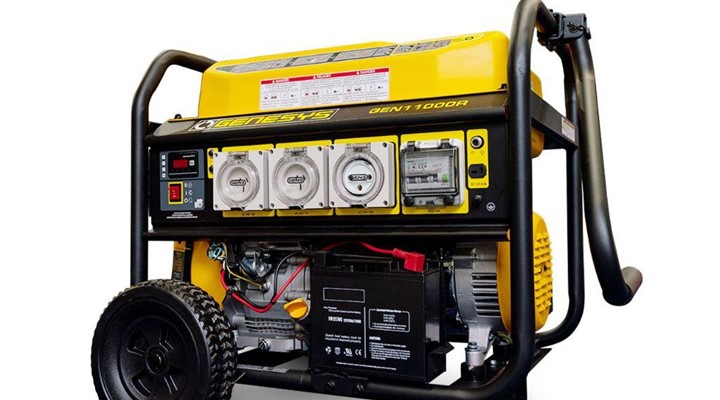
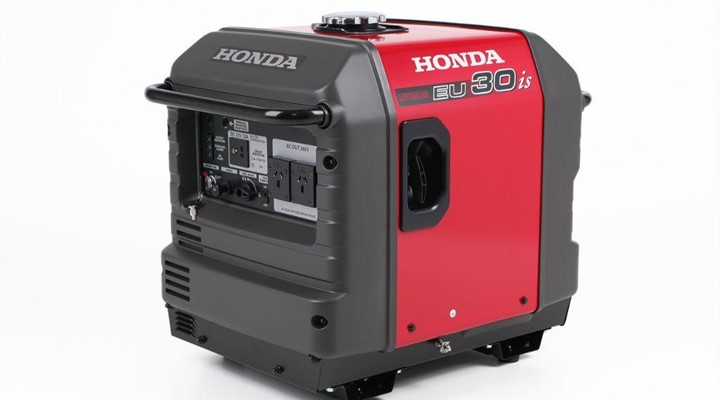
-720x400.jpg)
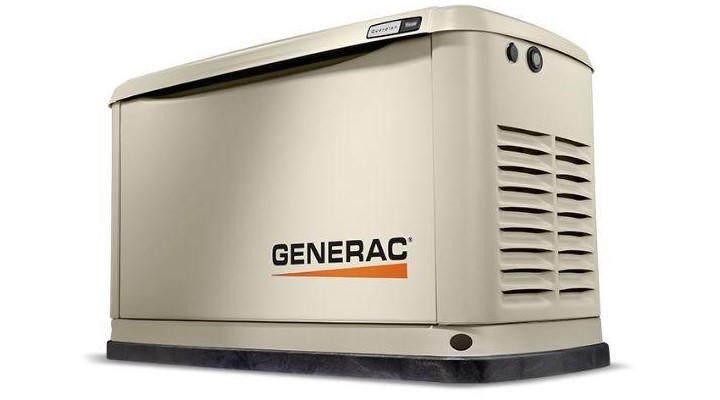
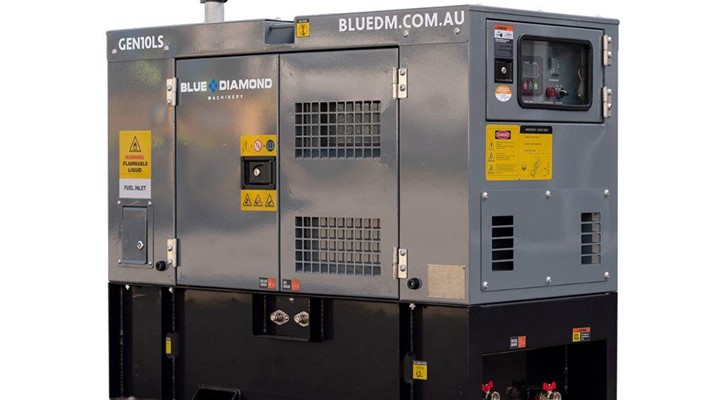
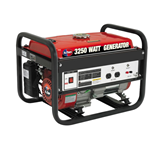
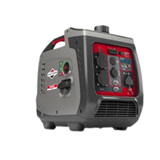
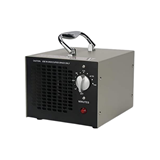
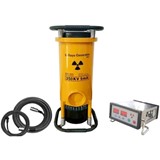
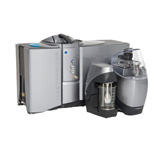

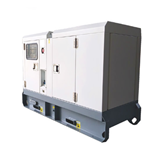

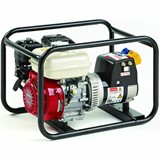
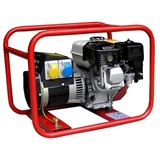
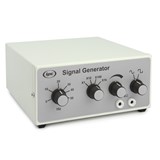
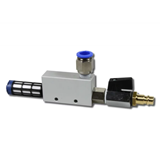

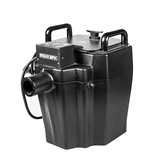
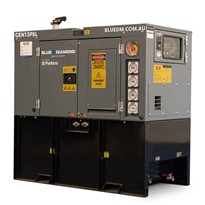
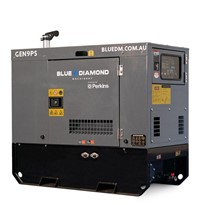
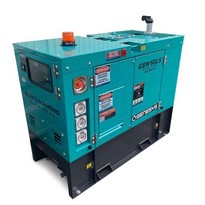
-205x205.jpg)
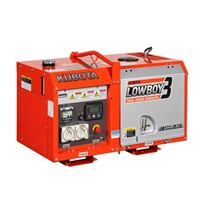
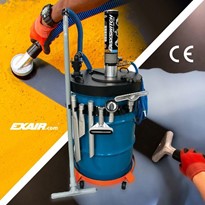
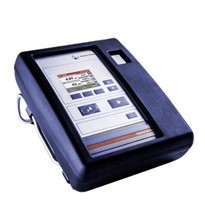
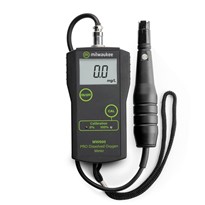
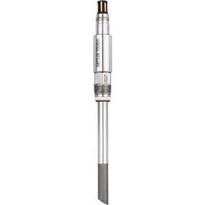

-205x205.jpg)
